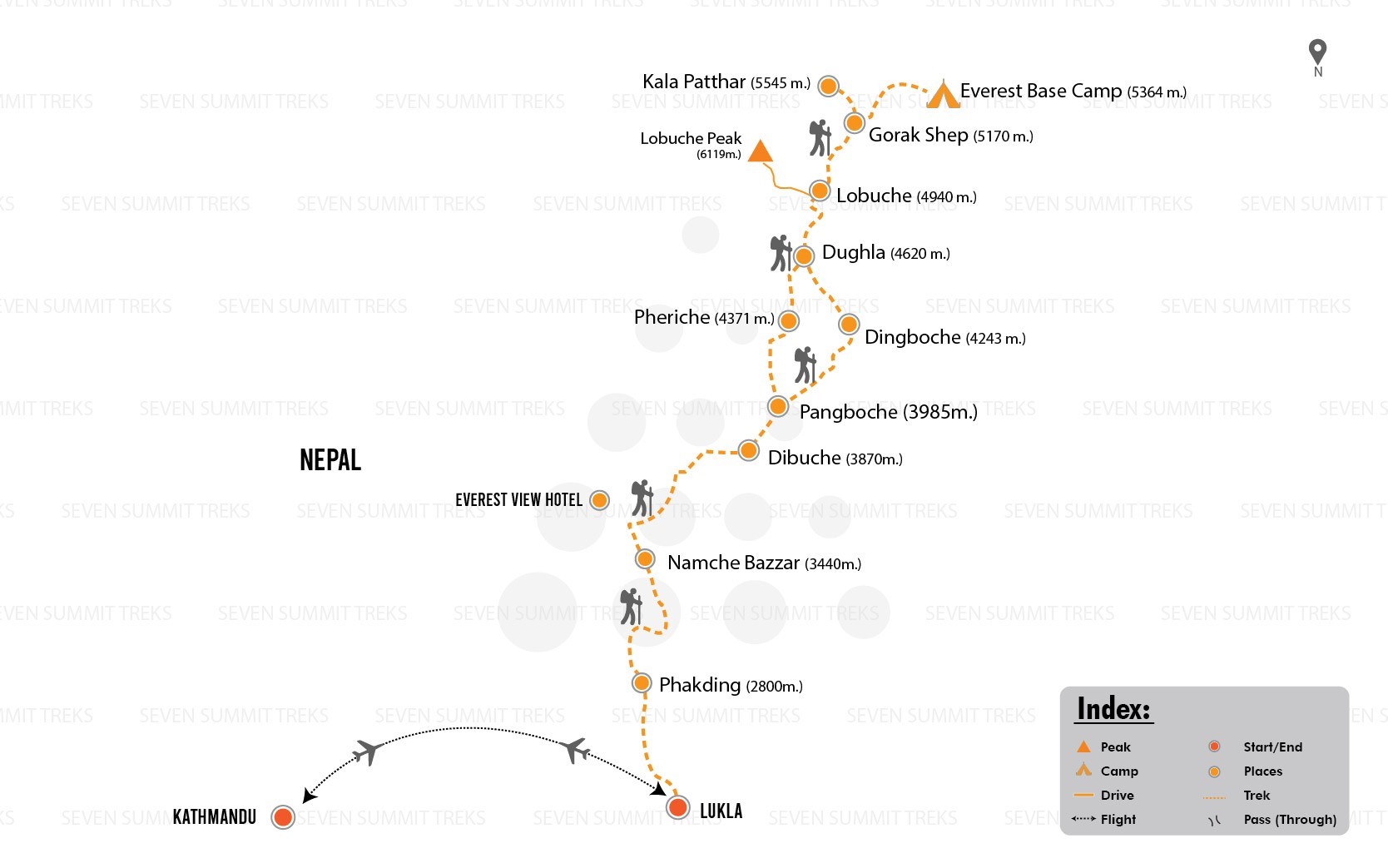Trek to Everest View Nepal
We operate Everest Base Camp Trek with profession Guide and Porter who are entirely familiar and experience about Everest Region and led 40+ treks to Everest Base Camp. We have the tools you need to best prepare for this trip of a lifetime. If you are thinking of joining a trek to the world’s highest peak, then make sure you do your research, and choose the right team! We run over 30 trips a year to Everest Base Camp and are happy to get on a call to further discuss this amazing journey with you. Check out our upcoming trips and GET IN TOUCH today.
Why Trek to Mount Everest
Mount Everest conjures up stories of heroism, risk, perseverance, extreme challenge and we have a basic human desire to explore. We want to help you fully prepare you to be immersed in the mesmerizing world of Mount Everest and the Sherpa people. This region of Nepal is truly magical, and our treks will show you just how exciting it is. Rich culture, world class mountain viewing, great food, the colorful city of Kathmandu, amazing side trips, along with extremely special people – this trek truly has it all.
Don’t trust us? Read some REVIEWS from our trips.
Over the past twenty years of running Everest Base Camp tours, we have compiled a list of everything you need to know about this famous trek. This information is to help you discover everything you need to know about the Everest Base Camp Trek, including how to prepare and what to expect from the trip.
We run over 40 trips a year on the Everest trail, following a number of routes and options. GET IN TOUCH today for more information, check our informative and unique itineraries!
What Is the Everest Base Camp Trek?
First things first, what exactly is the trek to Mount Everest? Mount Everest sits on the border of Nepal and Tibet and there are two main climbing routes. To Climb Mount Everest, you need to establish a Base Camp for the climb. This trek leads you through the mighty Himalaya’s to the Base Camp of Mount Everest in Nepal.
What is so special about it? Well, first, the history. Mount Everest was first climbed in 1953 by Tenzing Norway and Edmund Hillary. More incredible is the history of the Sherpa people traveled over the mountains from Tibet into the Everest region 700 years ago.
Secondly, the experience. The Sherpa people brought their culture and traditions searching for a better life. They established the first monastery in upper Pangbouche which we will visit. They built trails and monasteries in places you wouldn’t believe.
And last but not least, the primary reason for people trekking these trails lies at the end of the road – the base of Mount Everest at 17, 500 feet. Or, to be more precise, 9 days of hiking leads you through Lukla, Namche Bazaar, the famous Tengbouche. Then hike up Kala Patthar 18,520 feet to see one of the seven natural wonders of the world, Mount Everest, bathed in sunlight. It’s not a view you forget.
After that marvelous crescendo, you get to stand in awe of the world’s tallest mountain, and explore some of the Khumbu glacier.
How Many Days Does the Everest Base Camp Trek Take?
After each time we get to trek to Mount Everest, we start planning the next trip! No matter how many times we have been on this wonderful trek, we are still stunned and in awe of the Sherpa People.
In total, we run 30 plus treks to Everest each year. Our favorite and popular Everest trekking tour is our sleeping at Everest Base Camp Trek. We follow the traditional trail that leads you on the famous and original trail to the Base of Mount Everest. We also run a number of other treks through different valleys and over high passes to reach Mount Everest.
Our Most Popular Tour – Sleeping at Everest Base Camp
The sleeping at Everest Base Camp trek gives the visitor more acclimatization along with plenty of time to explore the khumbu or Everest glacier without having to rush. For many, this is a once-in-a-lifetime experience, so having the time to fully appreciate the beauty and spiritual connection of this remote region makes for an unforgettable trip.
This is one of the most popular adventure treks in Nepal, as it takes you through some stunning mountain scenery and up and over high passes; Shyangbouche hill, Tengbouche and Kala Patthar.
Along the way, you will pass many ancient monasteries in Namche, Pangbouche, Tengbouche, as well as no end of stunning natural beauty spots. And not only will you experience the remarkable beauty on Kala Patthar, but you’ll also be resting your head in the best campsite on Mount Everest.
This trek generously includes 4 nights in Namche Bazaar, the Sherpa capital. We include the best available lodges, one night at Everest Base Camp. We include 2 nights at the Encore hotel in Kathmandu. One night before and one night straight after the trek.
We have a team of full time staff on the ground in Kathmandu available to assist you from start to finish. We also have 4 guides for every group of 10 trekkers. This offers you the best experience possible while you are on the ground in Nepal.
Other Notable Tours
Everest Base Camp via Gokyo.
The Gokyo Lake and Everest Base Camp Trek, takes you high into the Himalaya on a less traveled trail. Throughout the trek, the route presents four of the world’s highest peaks, including Everest, Lhotse, Cho Oyu and Makalu. This trek takes you off the well beaten Everest trail for some unique views of Mount Everest and the surroundings. Our itinerary includes three nights in Namche Bazaar, for optimal acclimatization. Having the additional acclimatization nights on the way up the trail, gives you the best chance of a safe and successful journey.
The Traditional Trek to Everest Base Camp
We boast a 95% success rate to date on our 130km/ 81 mile Everest Base Camp trek, this is achieved by having 3 nights in Namche Bazaar at 3,440m/ 11,300 feet on the way up to the trail. This is a critical acclimatization point on the trail, giving you the best chance of making a safe and enjoyable journey to Everest Base Camp. Every group of 10 trekkers will have 4 guides with them, supporting their journey to Mount Everest.
How Challenging Is the Everest Base Camp Trek?
Although hiking to Mount Everest is not mountaineering it is a challenging under estimated trek. The trail to Mount Everest is long, leading through steep mountain terrain and steep stone steps. Also, due to high altitudes and steep ascents, it’s vital to prepare oneself before the trek to Everest. We’ll talk more about trekking preparations in a moment.
Permits and Trail Support
Due to the ongoing erosion, the Nepal Government and locals out of Namche are re-enforcing and replacing parts of the trail. We support this work on contribute to this ongoing work in the region. We manage all the paper work needed to enter the region and Sagarmatha National Park. Securing these permits is only possible through a certified tour company, such as Adventure Land Nepal Tour and Travel and Nepal Jang Treks and Expedition.
What Is the Best Time to trek to Mount Everest?
When you’re thinking about booking your Everest Base Camp trek, you can either choose between hiking it during the dry season and wet season. The two differ immensely, so it’s important to consider their pros and cons.
Dry Season (October – May)
The dry season lasts from October through May. The most significant advantage is, of course, a significantly reduced chance of rain. In saying that it can rain or snow in any month even the main trekking seasons.
On the other hand, the dry season coincides with the peak tourism seasons in Nepal. That means a lot more trekkers on the trail. Additionally, with more people interested in hiking to Everest in March, April, May, October, November and December you will need to book your trip further in advance.
Wet Season (June – September)
The wet season in Nepal spans from late May to September During this period, the trial is much less crowded, especially when it comes trekking below Mount Everest. The temperatures are also slightly warmer, but there is higher chance of no flights and mountain viewing is poor.
However, the wet season means that you are more likely to hike in the rain, making the trail more slippery and challenging. Hiking in the rain for the whole day can also be a pain, especially if you aren’t equipped with a top-quality rain jacket.
Preparing for Your Everest Base Camp Trek
If you think that you can trek to Everest Base Camp in your worn hiking boots without any preparation whatsoever, think again. First, keep in mind that the Everest trail is over 80 miles of trekking covering over 26,000 feet of elevation.
Secondly, bear in mind you’ll spend the entire trip in very high altitudes. The highest point on the trail, is Kala Patthar, at 5,645 meters above sea level. Such altitudes mean lower oxygen levels. Being able to withstand requires training and acclimatization.
And lastly, there’s the case of preparing high-quality equipment. So yes, there’s a lot to consider when preparing for your Everest trek. We are available to offer advice. We will also go on group video calls to support you as you prepare.
Pick the Right Itinerary to Match Your Ability
Firstly, you need to do is pick the right itinerary. There is no one size fits all solution. The trail can be challenging, and therefore, you should consider adding more days or even a shortened tailored itinerary to suit your ability. Do not underestimate the lack of oxygen.
Therefore, you need to make sure you pick the proper acclimatization schedule and days on the Everest trail to safely make your way through and experience. Choosing the right itinerary is vital for a safe, enjoyable, and successful experience in a low-oxygen environment higher up the trail to Mount Everest.
If you fail to acclimatize well, then you run the risk of getting altitude sickness higher up. And trust us when we say it’s not the most pleasant thing to experience while on vacation.
How to be Successful When Trekking at Altitude
Breathing techniques, low heart rates, excellent hydration, and pacing are all extremely important in order to be safe and successful. Also, you need excellent physical conditioning to be able to walk up and down thousands of steps with a weighted back pack at high altitude.
We can help you with this. DROP US AN E-MAIL today and get access to our Everest trekking professionals. Our office staff have personally made the Everest Base Camp Trek more than 10 times. Pick up the phone and speak to us. We have the trekking team, experience, and knowledge to help you come fully prepared for your trek to Everest.
What to Pack for the Everest Trek?
And finally, you need to know what to pack for your trek. We cover that in more detail, but in essence, our advice would be to bring the following equipment:
a solid, trekking backpack with a waist strap,
a sleeping bag,
a change of clothes (hiking pants, merino t-shirts, long sleeve shirts, undergarments, etc.),
a sturdy and solid pair of Trekking boots,
hiking socks,
rain jacket, poncho, or another piece of waterproof clothing,
cap or hat for sun protection,
sunglasses,
sunscreen,
bug spray
trekking poles,
toiletries (toothbrush, deodorant, washcloth, etc.),
toilet paper,
essential medications,
some light snacks,
power bank.
As said, you will find a full list in our video guide. We will also send you a dedicated Everest Bae Camp Trek 35-page dossier, a full itemized kit list of necessary items to pack, and other information regarding the Everest Base Camp Trek.
Our Staff
Adventure Land Nepal or Nepal Jang Trek and Expedition, we provide the best possible service to our customers and are proud of the experience that our Nepalese staff provide. That is why we hire full-time staff in Kathmandu. It’s a win-win for our staff and customers. Our team are motivated to provide the best possible service with a smile, and you get the most out of your trekking experience!
Pick the Right Everest Base Camp Itinerary
The first think you need to do is pick the right itinerary, hence, there is no one size fits all. One key factor to consider is that you need to have as much acclimatization possible in the critical points of the trek. Therefore, you need 3 nights’ acclimatization in Namche Bazaar on the way up the trail. This is vital to a safe, enjoyable and successful experience in a low oxygen environment higher up the trail. If you fail to acclimatize well lower down, then you run the risk of getting altitude sickness higher up.
The Everest Trek Requires Excellent Physical Preparation
Breathing techniques, low heart rates, excellent hydration and pacing are all extremely important to be safe and successful. You also need excellent physical conditioning to be able to walk up and down hills with a weighted back pack at high altitude. We can help you understand more about this. SEND US AN E-MAIL today and get access to the Everest Base Camp professionals who have made the journey many times.

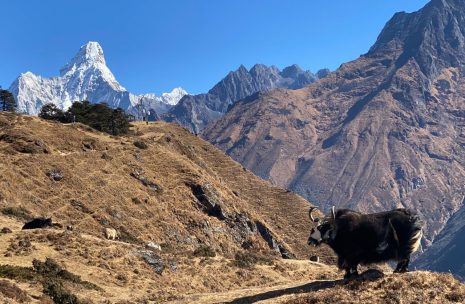
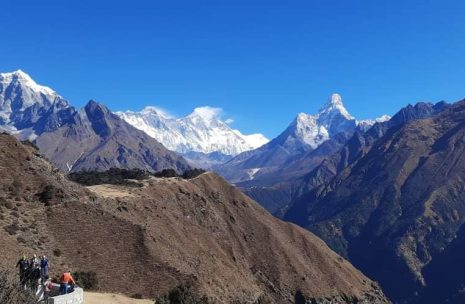
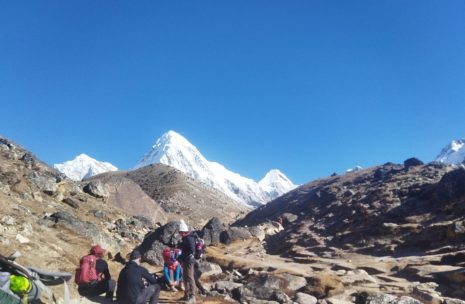
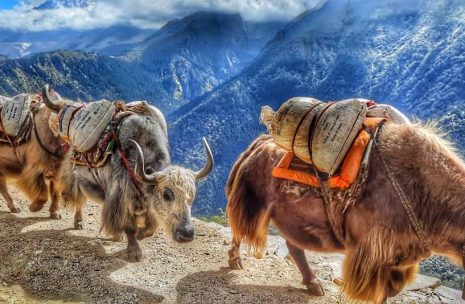
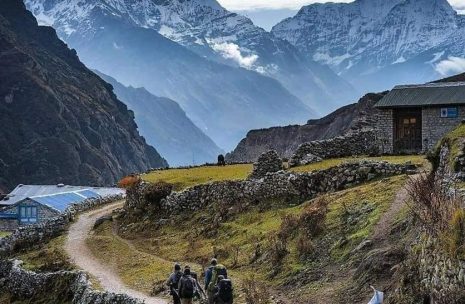
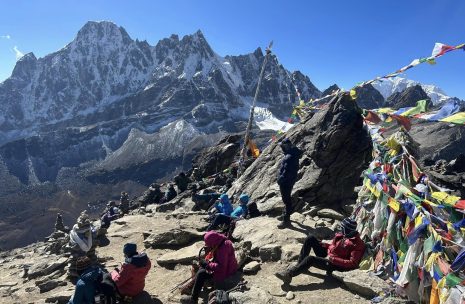


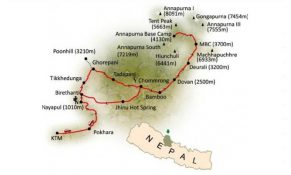
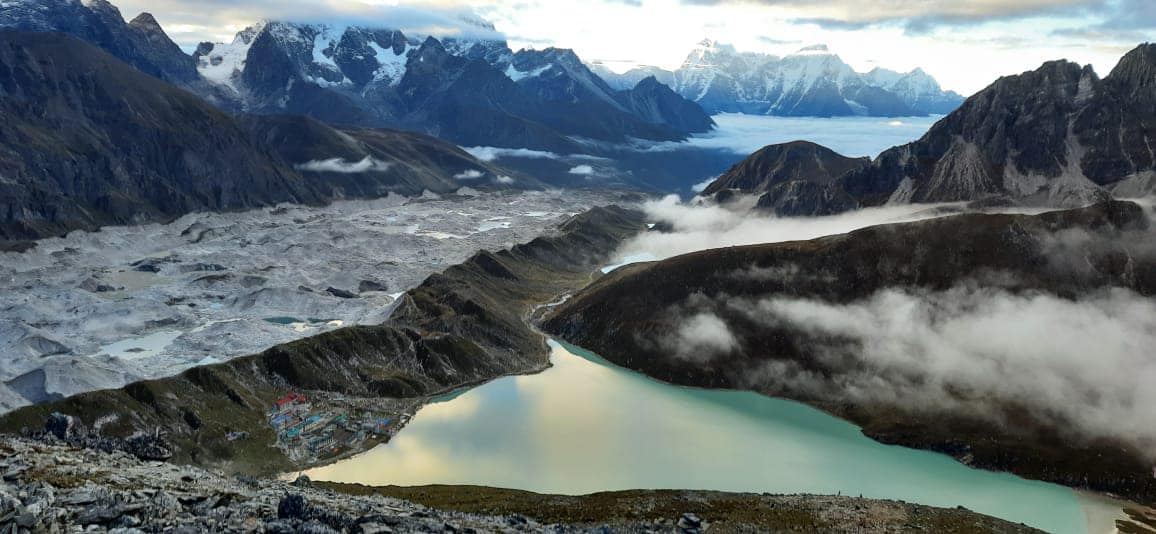 Gokyo Lake Trek 11 days
Gokyo Lake Trek 11 days
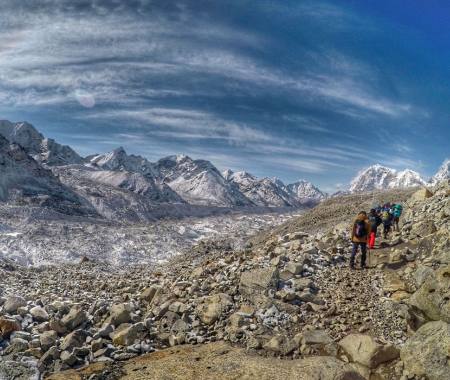 Luxury Trek to Everest Base Camp – 7 days
Luxury Trek to Everest Base Camp – 7 days
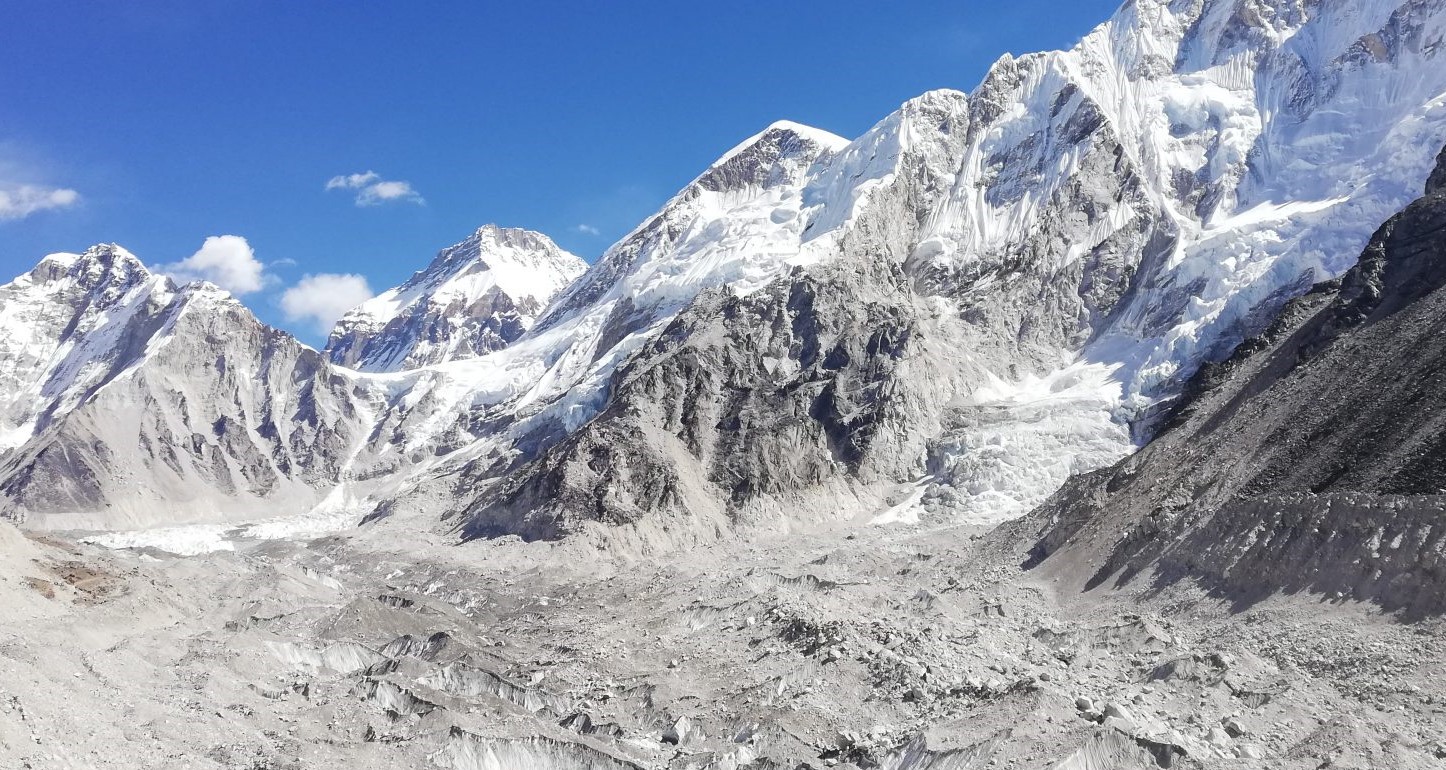 Luxurious EBC and Gokyo Lake Trek – 11 days
Luxurious EBC and Gokyo Lake Trek – 11 days
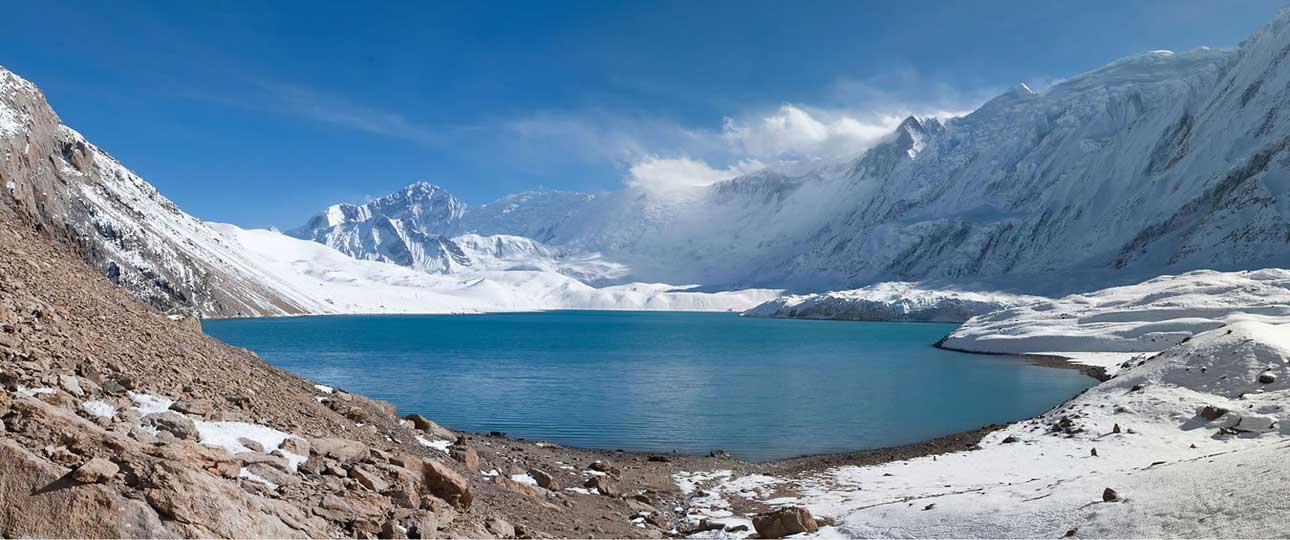 Dudh Kunda Trek – 15 days
Dudh Kunda Trek – 15 days
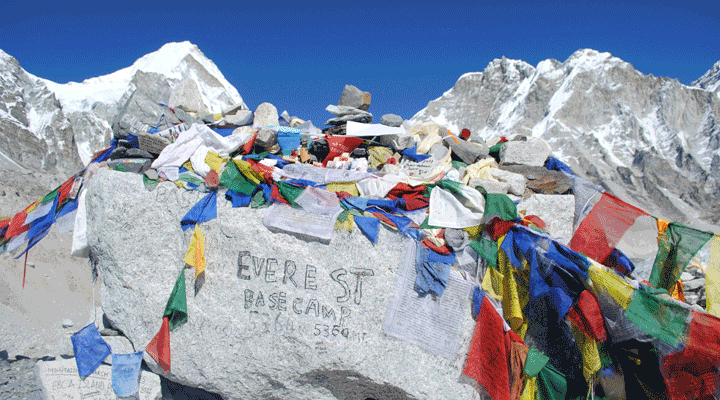 Everest View Trek – 13 days
Everest View Trek – 13 days
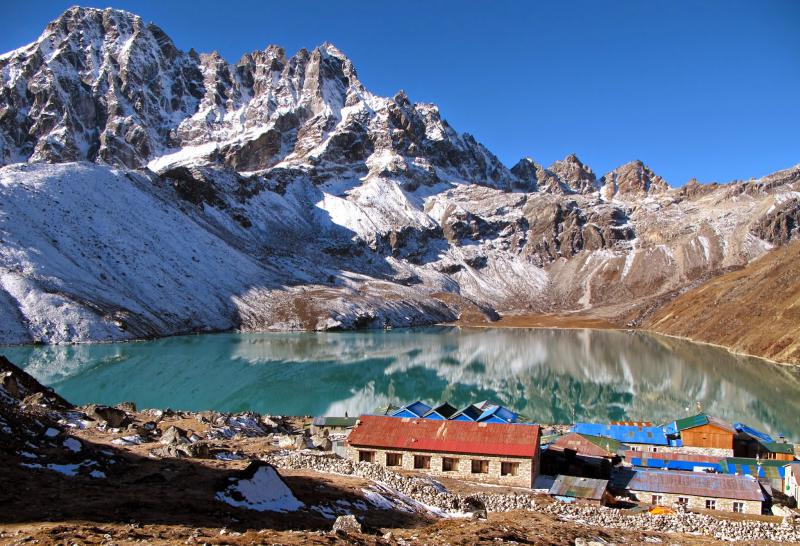 Gokyo Lake Trek – 16 days
Gokyo Lake Trek – 16 days
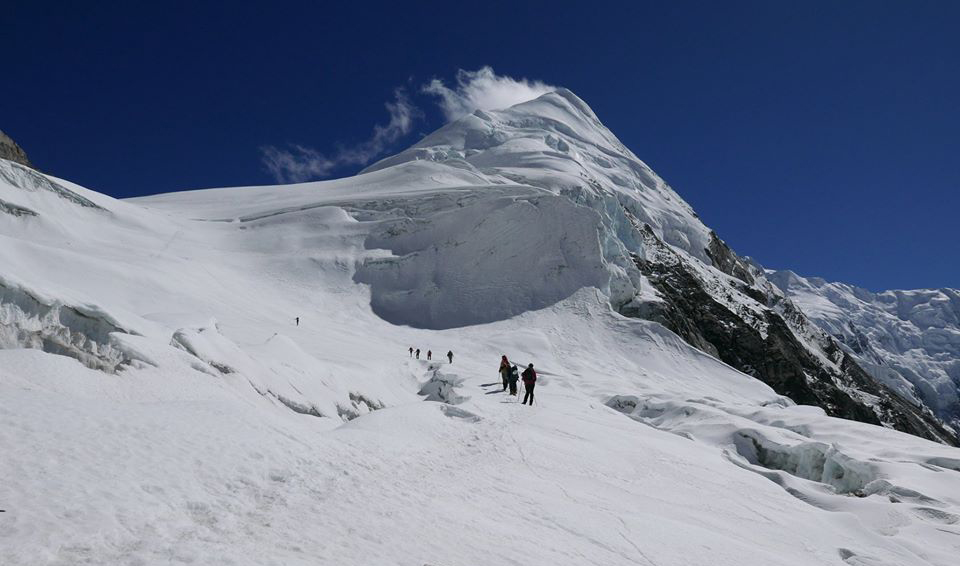 Gaurishankar Himal Trek – 18 days
Gaurishankar Himal Trek – 18 days
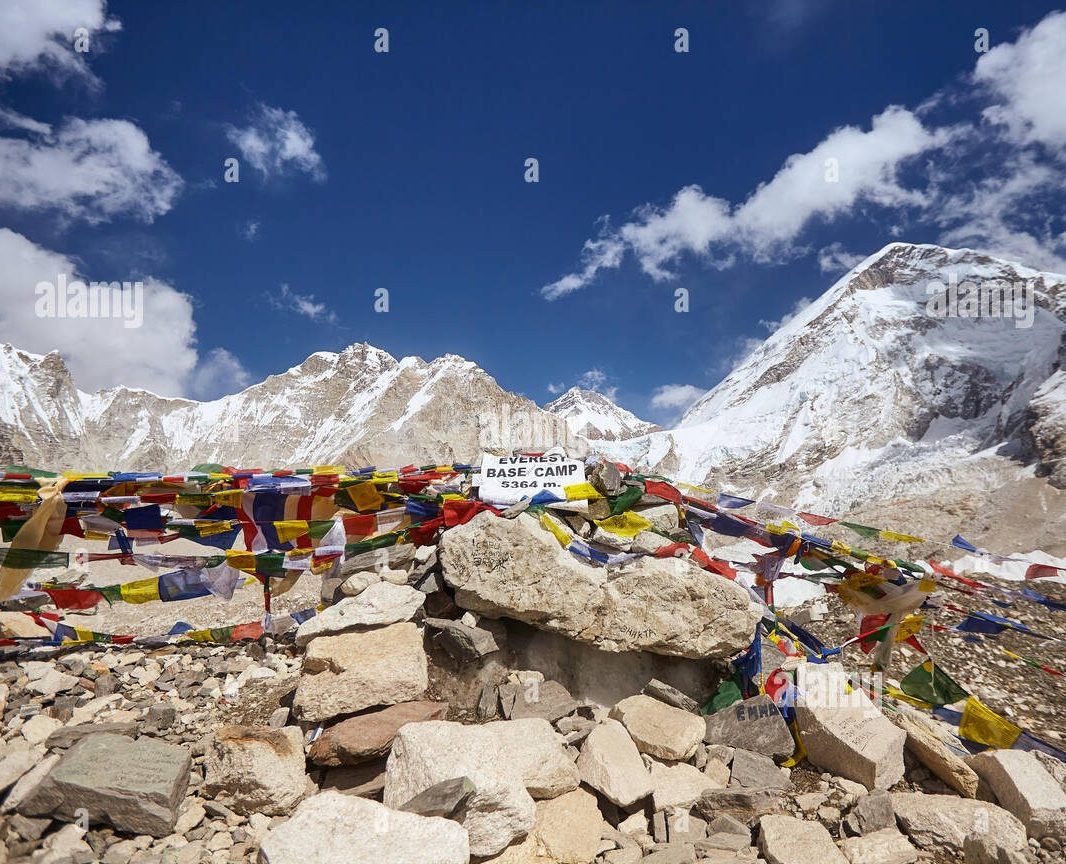 Phaplu to Everest Base Camp Trek – 19 days
Phaplu to Everest Base Camp Trek – 19 days
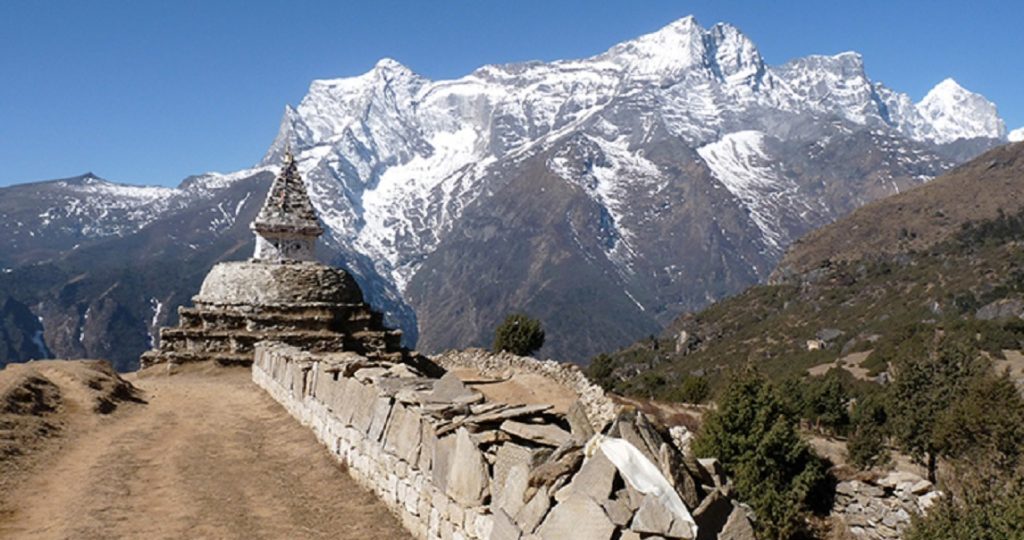 Jiri to Everest Base Camp Trek – 22 days
Jiri to Everest Base Camp Trek – 22 days
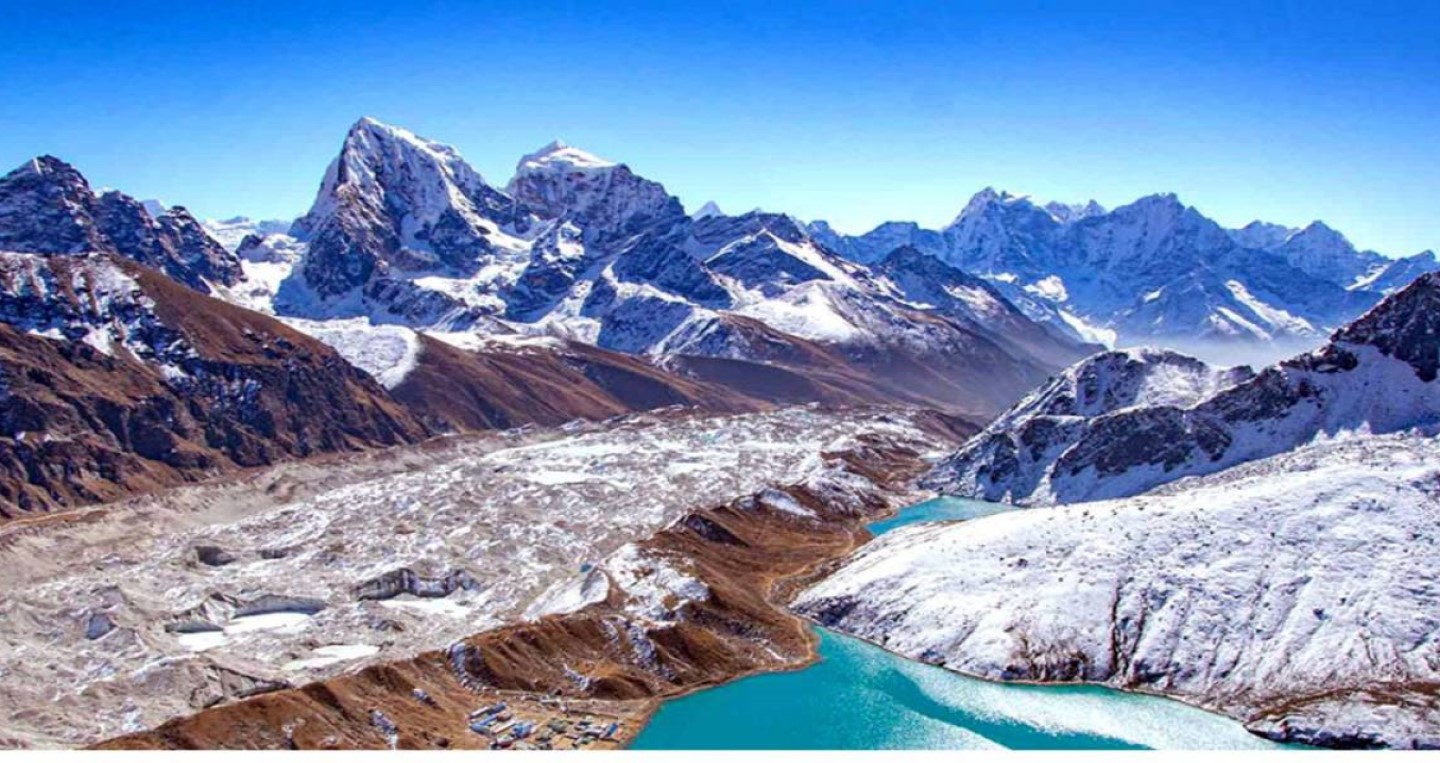 Everest Base Camp and Gokyo Lake Trek – 15 days
Everest Base Camp and Gokyo Lake Trek – 15 days
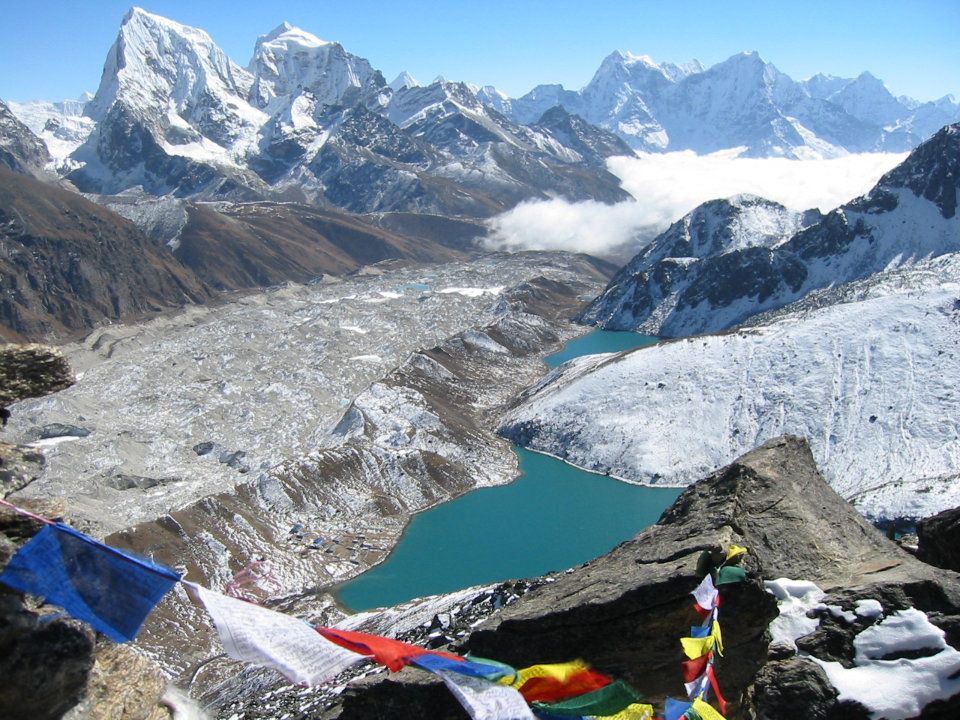 Everest Base Camp Trek – 17 days
Everest Base Camp Trek – 17 days
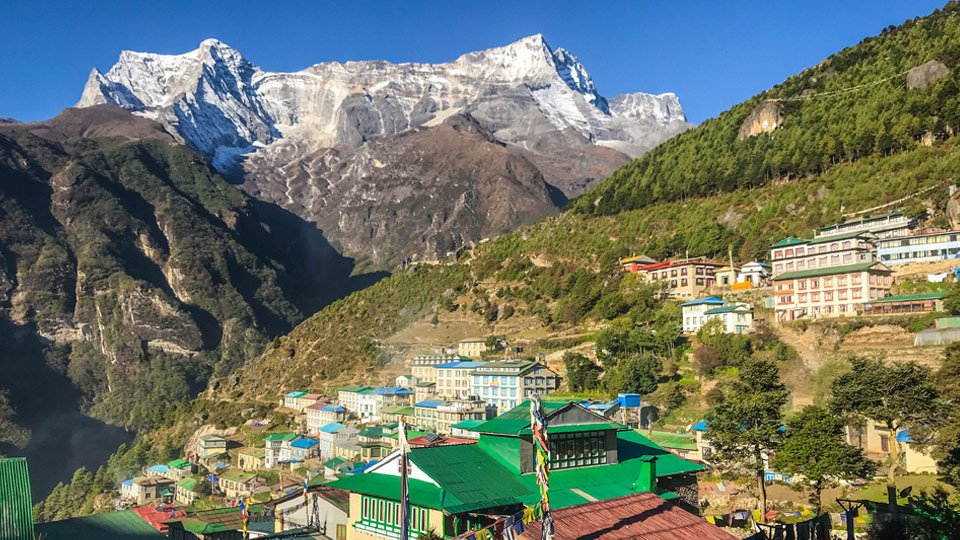 Namche Bazaar Trek – 8 days
Namche Bazaar Trek – 8 days
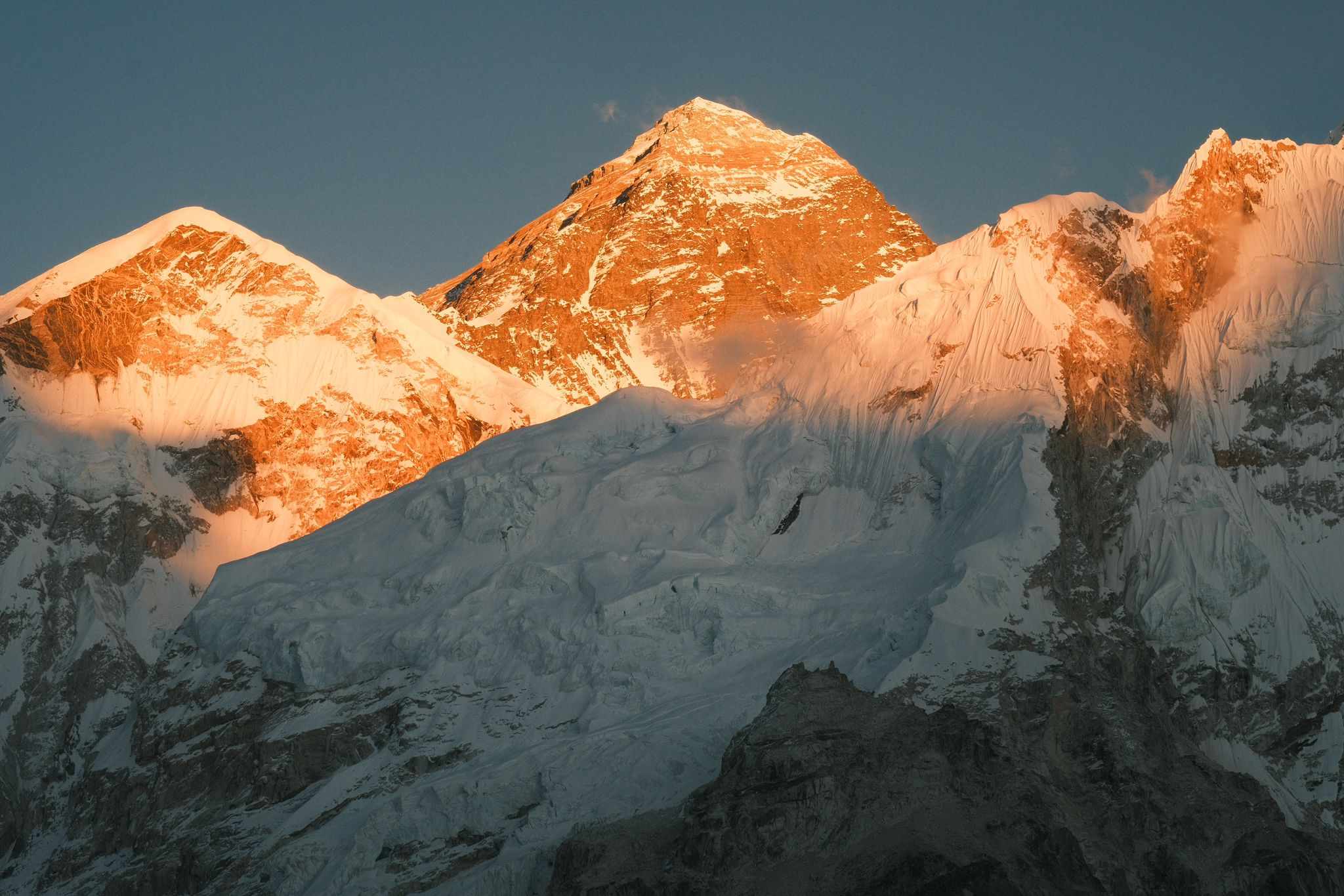 Everest Base Camp Short Trek 12 days
Everest Base Camp Short Trek 12 days
